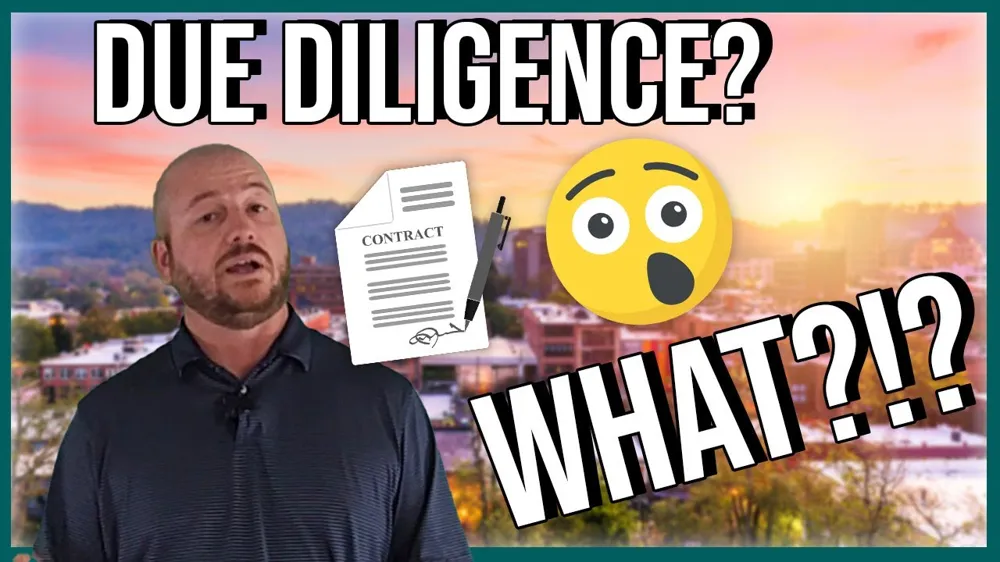NC Due Diligence Fee: What You Need to Know
Published | Posted by Joel Sandman
NC Due Diligence Fee: What You Need to Know When Buying a Home
This video, titled "NC Due Diligence Fee: What You Need to Know," explains a crucial concept in North Carolina real estate contracts: the non-refundable due diligence deposit. Joel Sandman, a Realtor with Berkshire Hathaway, breaks down what this means for homebuyers.
Understanding the Due Diligence Fee The video immediately highlights a key difference in North Carolina: the presence of a non-refundable due diligence deposit [00:00]. Unlike other states, this fee is paid directly to the sellers [00:34]. It grants buyers a specific period (the "due diligence period") to conduct their research, including inspections and appraisals [00:57]. However, if a buyer decides to withdraw from the contract for any reason during or after this period, the due diligence fee is forfeited [01:25]. The only exception for a refund is if the seller intentionally misrepresented the property [01:30].
Earnest Money vs. Due Diligence Fee It's important to distinguish the due diligence fee from "earnest money" [01:43]. Earnest money is held by a third party (typically a closing attorney in North Carolina) [01:50] and is refundable if the contract is terminated before the due diligence period ends [02:27]. Both the due diligence fee and earnest money are credited back to the buyer at closing [02:00].
Due Diligence Fee Amounts and Market Impact The amount of the due diligence fee can vary significantly based on market conditions, property price, and how long the home has been on the market [02:51]. Before the pandemic (around 2018-2019), a typical $300,000 home might have a fee of $750-$1,000 [03:09]. However, post-pandemic, these fees have surged, often reaching $10,000 or more for a $300,000 house, with some even hitting six figures in competitive markets [03:22]. Joel advises against offering an amount that makes you uncomfortable, suggesting patience for the right home [03:43].
What to Focus on During Home Viewings When viewing potential homes, Joel recommends prioritizing "big ticket items" such as the roof, windows, HVAC system, and foundation [04:10]. These are the "big red flags" that could significantly impact your decision [04:26]. Cosmetics and aesthetics, he notes, are secondary as they can be changed later [04:37].
Inspections During the Due Diligence Period The video emphasizes the critical role of various inspections during the due diligence period, including septic inspections and whole home inspections [04:53]. Buyers can also utilize resources like the "Professional Services Disclosure" form [05:00] and the North Carolina Real Estate Commission's Q&A on due diligence [05:12].
Market Outlook Joel concludes by mentioning that while high due diligence fees are a reflection of current market conditions, they may decrease as housing inventory increases [05:42].
For any further questions about the due diligence fee or real estate in North Carolina, Joel Sandman's contact information is provided at the end of the video [06:05].
Related Articles
Keep reading other bits of knowledge from our team.
Request Info
Have a question about this article or want to learn more?


